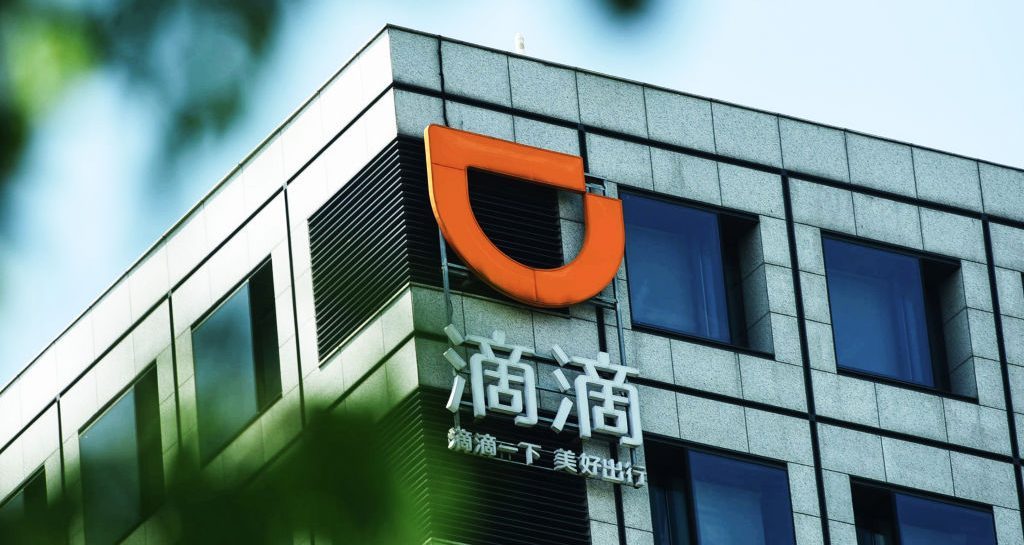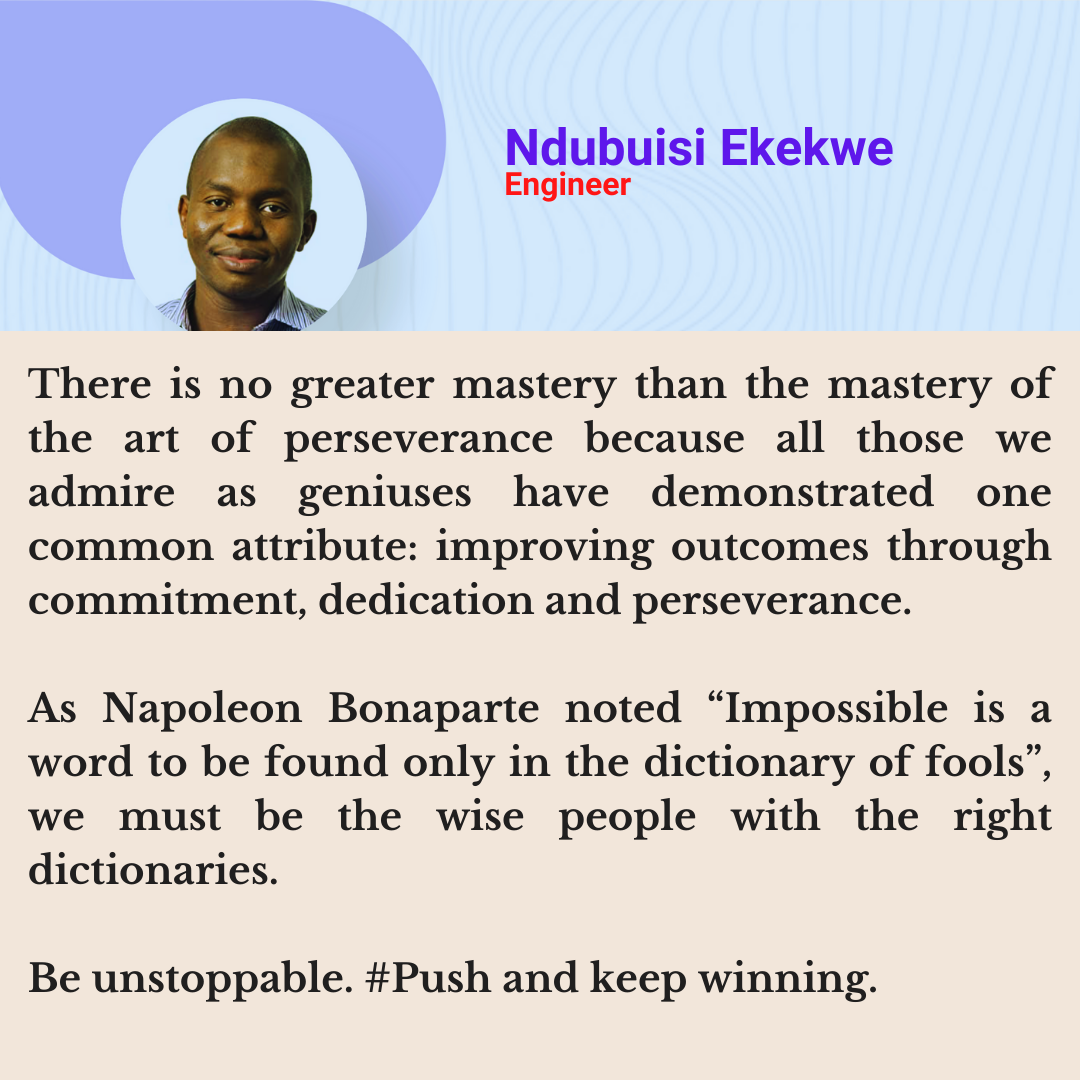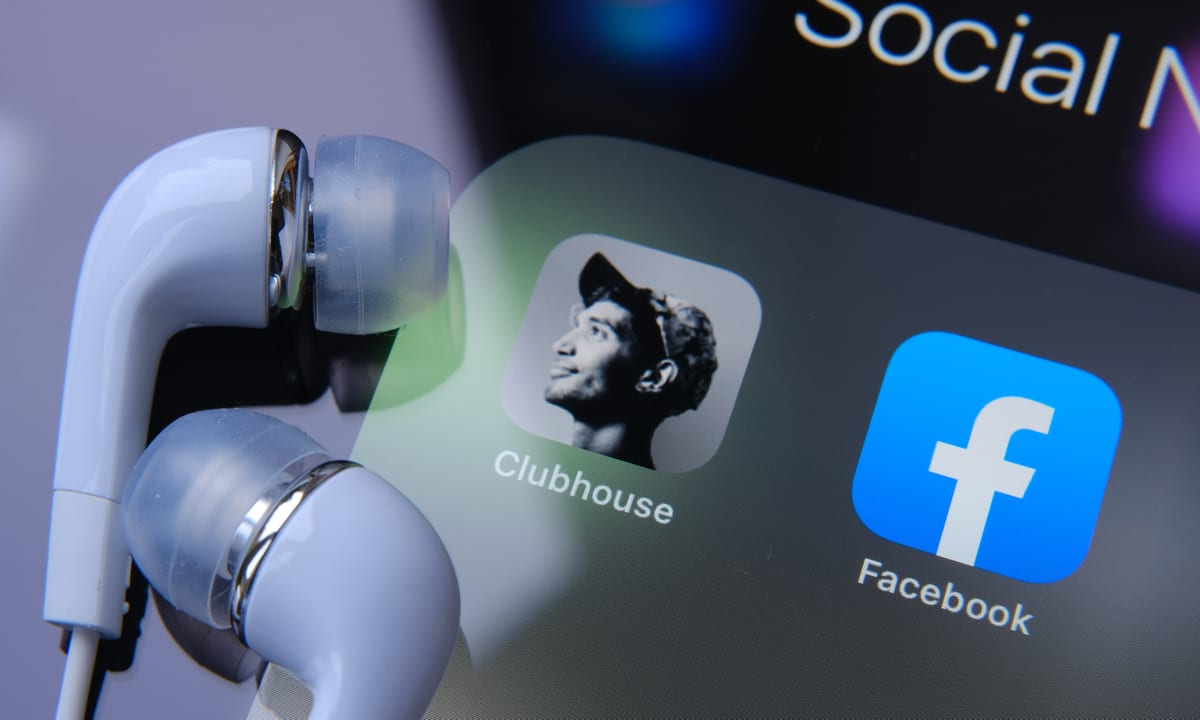Chinese ride-hailing giant, Didi, is moving to delist from the New York Stock Exchange following order from the authorities to do so.
A statement from the company said Friday it will delist from the New York Stock Exchange “immediately” and begin preparations for a separate listing in Hong Kong. U.S. shares are to be converted into “freely tradeable shares” on another international exchange.
Last week, Chinese authorities asked Didi to begin preparation to delist from New Stock Exchange and list in Hong Kong, a part of larger reform aimed at keeping private data of Chinese citizens from the reach of U.S. government.
In July, the powerful Cyberspace Administration of China (CAC) ordered app stores to remove 25 mobile apps operated by Didi – just days after the ride-hailing giant listed in New York. It also told the company to stop registering new users, citing national security and the public interest.
Didi, which has about 377 million annual active users in China, provides 25 million rides a day to users in the country who sign into its app with a phone number and password. Its apps also offer other products such as delivery and financial services.
It got into trouble with the CAC when it pressed ahead with its New York listing on June 30, even though the regulator had urged the company to put it on hold while a cybersecurity review of its data practices was conducted, sources had told Reuters.
Soon after, the CAC launched an investigation into Didi over its collection and use of personal data. It said data had been collected illegally and the apps concerned including for its camera device, as well as delivery and financial services.
Bloomberg reported earlier, quoting sources, that the authorities were considering Proposals to seal Didi’s fate. Proposals under consideration include a straight-up privatization or a share float in Hong Kong followed by a delisting from the U.S. If the privatization proceeds, the proposal will likely be at least the $14 IPO price since a lower offer so soon after the June initial public offering could prompt lawsuits or shareholder resistance, the people said. If there is a secondary listing in Hong Kong, the IPO price would probably be a discount to the share price in the U.S.
Didi raised $4.4 billion from its IPO, one of the largest by a Chinese company on New York Stock market.
Didi’s time as a U.S.-listed company is short-lived and has thrown investors into disarray. CNBC noted that investors will now be hoping for a smooth transition of Didi’s U.S.-listed shares to Hong Kong. But details on how the company will go about this are thin. The move by Didi to go ahead with the delisting at least rules out the risk of it being forced to do so by regulators.
“Despite U.S. shares being freely tradeable upon listing on the HK exchange, we think this move is likely to be the final straw for many investors who will look to cut losses,” Neil Campling, global TMT analyst at Mirabaud Equity Research, said in a note. “The stock also has a lot of retail investors, who we presume will be trying to run for the exit.”
Daniel Ives, managing director of Wedbush Securities, said the delisting was “just another black eye for Chinese tech stocks.”
“The Street remains very various of Chinese tech stocks and this Didi situation is another cautionary tale,” Daniel Ives, managing director of Wedbush Securities, told CNBC, adding Didi shareholders would likely rotate to another SoftBank-backed company, Grab, to play the Asian mobility market.
At last, Didi has become another victim of China’s tech crackdown that has dealt with a list of tech giants, including Alibaba, Ant and others. Government’s aim, among others, has been to keep its internet industry under the control of the Chinese Communist Party at all cost.
Didi’s share price sank 11%, after having initially climbed as much as 14% in U.S. premarket trading.






